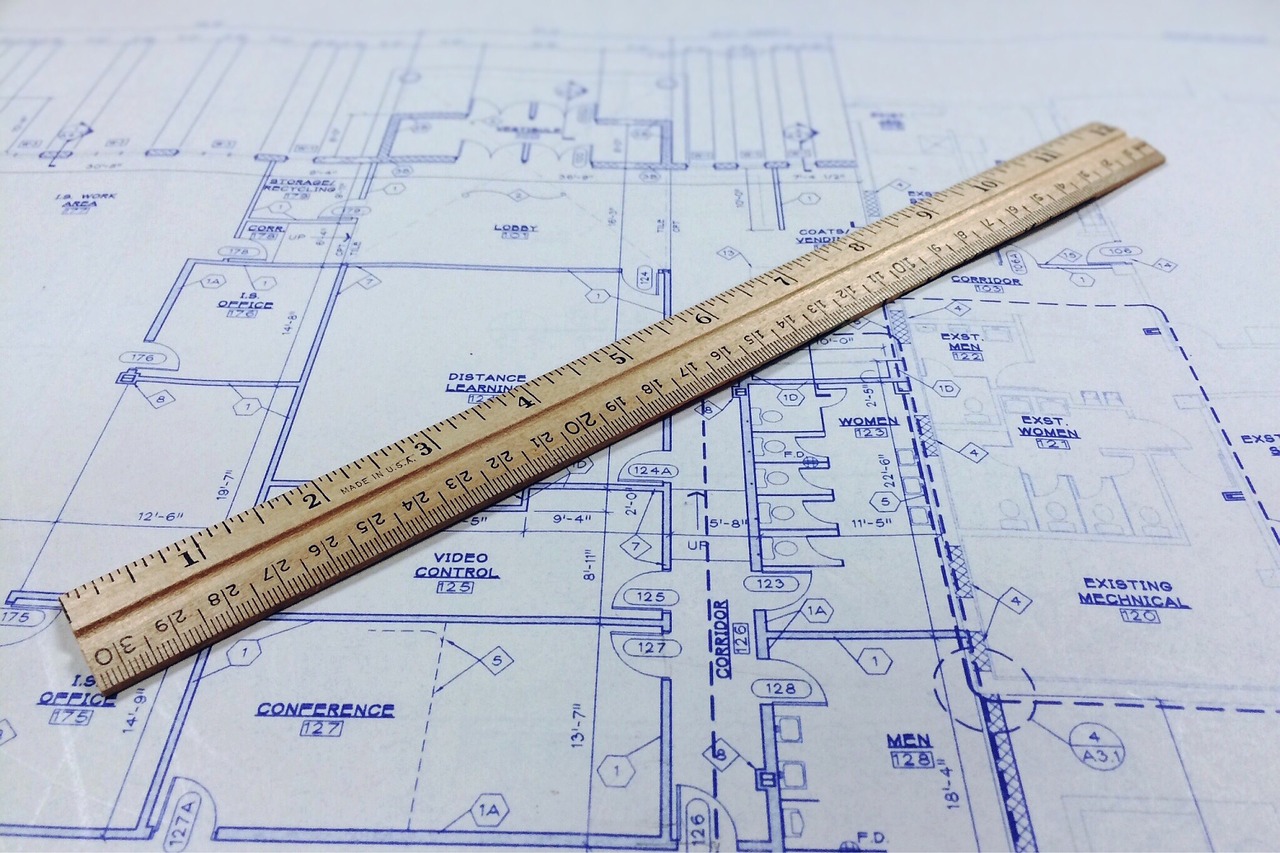Reality isn’t realistic

When people tell me that a Celebration Society isn’t “realistic”, I’m perplexed. Sure, it’s bold; perhaps even outrageous. But unrealistic is a far more damning term. Is it valid?
As I’ve explained elsewhere, those who believe that automation will once again create more jobs than it destroys are engaged in dangerous, wishful thinking. They are assuming that history will repeat itself here, and ignoring vital new machine learning capabilities. Among those who agree with me, most believe that the solution is retraining or a guaranteed income for those displaced. As I have also explained elsewhere, neither of those is going to be enough. At best they’re palliatives; at worst mirages.
If I’m right in the above conclusions—and some pretty solid people agree with me here—then the Holmesian response would be, “when you have eliminated the impossible, whatever remains, however improbable, must be the truth.”
I’m not saying that a Celebration Society is the only solution that remains. But I will go so far as to say that all of the remaining solutions will have to be based on abundance rather than scarcity–at least, if we are to avert massive social disruption and eventual total state control of everyday life. If others have a better abundance-based solution than a Celebration Society , I’m eager to learn about it. (Perhaps the two, combined in some manner, would be better still.)
All of that is to explain why I’m not much impressed by arguments that a Celebration Society isn’t realistic. But we could go further. Reality isn’t very realistic either—at least, if we define “realistic” as Google does: “representing familiar things in a way that is accurate or true to life.” To be clear about this, we have to go deeper. “True to life” means that it comports with our understanding of how life works.
The problem is that this understanding is not how reality works. We know this from science. Most people used to believe the Earth was flat and that it was the center of the solar system, if not the whole universe. Why not? Those appear to be true, based on everyday experience.
Biologists have long known that human senses of sight and hearing capture and interpret only a tiny fraction of the available spectra. Some animals smell thousands of times better than we do.
Now, physics knows that matter is mostly empty space. But that’s hardly true to life. We know that time only moves forward, but a recent finding in physics solves a great problem in physics by showing that time mostly moves forward, but it also “jiggles” backwards. That certainly isn’t our experience in life.
So, we have to accept that we’re imperfect modelers of reality. Much of scientific advancement has happened by developing ever more accurate models. However, as quantum physics demonstrates perhaps best of all, the most accurate models may have little to do with anything that is familiar, accurate, or true to life.
A Celebration Society may not fit the definition of realistic, but it offers a way out of technological unemployment, a problem that most of us are going to find very realistic in the 2020’s. So, the next time someone says that a Celebration Society isn’t realistic, I’m going to respond, “Compared to what?”

GGTrust
onFebruary 15, 2016 at 6:31 pm says:
IMHO we create reality and there is no limits to what we can do!